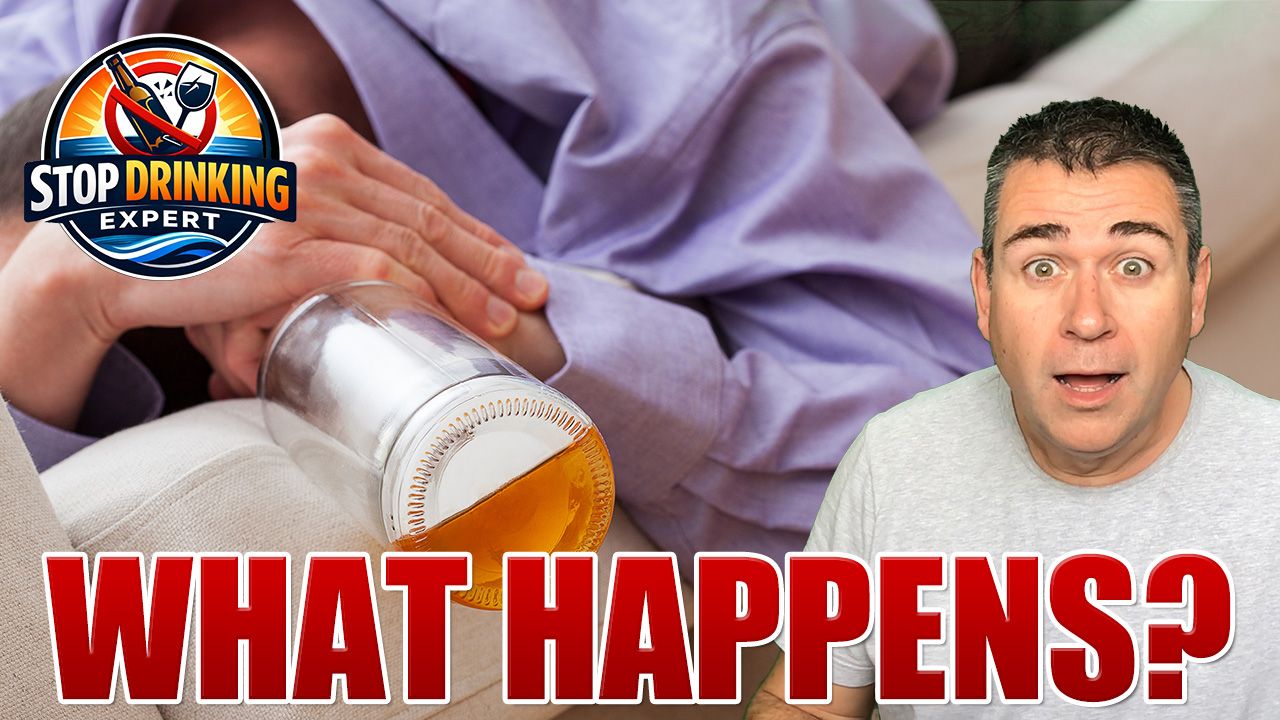Why Choosing Not to Drink Alcohol Can Upset Others
Jan 08, 2025Why Choosing Not to Drink Can Upset Others
Steve Jobs once remarked, "Your time is limited, so don't waste it living someone else's life." This philosophy applies deeply when it comes to the choice of whether or not to consume alcohol. In a society where drinking is often seen not just as a form of relaxation but a social norm, choosing sobriety can sometimes lead to unexpected reactions from those around us. Why does this happen, and how can we navigate it?
Understanding Social Proof
Humans are inherently social creatures, often looking to others for cues on behavior. This phenomenon, known as social proof, can explain why some people become upset when you choose not to drink. If everyone at a gathering is drinking, your abstention can feel like a silent judgment or a disruption of the collective norm. This discomfort stems from a psychological need to validate one's behavior through the actions of others. When you don't drink, you inadvertently challenge this validation, causing discomfort or even aggression in some.
The Psychological Pain of Confrontation
From personal anecdotes to broader observations, it's clear that refusing alcohol can stir up emotions. I recall an incident at a Christmas party where my choice to not drink was met with hostility. A fellow guest accused me of dampening the mood merely by my presence. This reaction is not uncommon. When you opt out of drinking, you might be seen as a mirror reflecting an uncomfortable truth about alcohol's harm, which can lead to defensive or aggressive responses from those who drink.
Real Stories of Sobriety
One individual shared their journey of quitting alcohol, describing how social events became battlegrounds for their sobriety. Friends who once enjoyed shared drinks now seemed to take personal offense to their new lifestyle. Another story involves a woman who, after giving up alcohol, found herself excluded from social gatherings where drinking was central. These experiences highlight the social challenges of sobriety but also the strength and clarity that come with such a choice.
The Health and Social Implications
Alcohol, despite its social acceptance, is a proven carcinogen and poison to the human body. Its consumption leads to immediate physical reactions like nausea or vomiting, the body's natural defenses against toxins. Over time, chronic alcohol use is linked to numerous health issues, from liver disease to increased cancer risks. Socially, the narrative around alcohol is slowly shifting, much like it has with smoking, where once glamorous, it's now often seen as a health risk.
Navigating Social Settings
If you're considering sobriety or have already embarked on this journey, here are some tips for managing social scenarios:
- Be Prepared: Know that reactions might not always be positive. Prepare responses or ways to deflect criticism or peer pressure.
- Seek Support: Connect with others who are also sober. Groups or forums can provide invaluable support and advice.
- Redefine Social Activities: Suggest alternatives to drinking-centric events. Coffee meet-ups, sports, or other activities can be just as engaging.
The Broader Impact of Your Choice
Choosing not to drink isn't just a personal health decision; it's a statement in a society still heavily influenced by alcohol culture. Each person who stops drinking contributes to a shift in public perception, helping to normalize sobriety. This can ripple effect, encouraging others to question their drinking habits or at least respect those who choose differently.
Encouragement and Resources
If you're worried about your drinking or are interested in a sober lifestyle, consider joining a quit-drinking webinar. Here at Stop Drinking Expert, we offer insights, strategies, and support to help you live a fulfilling life without alcohol. Check out our blog for more stories and advice on navigating sobriety.
The Long Road to Cultural Change
While smoking has seen significant regulatory changes and a shift in public opinion, alcohol still lags behind. The industry's power in advertising and cultural influence means that change is slow. However, every individual choice against drinking contributes to a larger narrative change, one that could see alcohol treated with the same caution as other known health risks.
Remember, your choice to not drink is about personal health and challenging societal norms. It might be tough at times, but it's a brave step towards a healthier, more authentic life. Stick to your guns, or perhaps, your cranberry juice, and know that you're not the strange one. The real oddity is finding pleasure in a known poison.
References:
- Smith, J., & Doe, A. (2023). "Social Proof and Behavior: A Review of Psychological Impact." Journal of Social Psychology, 45(2), 123-130.
- Johnson, M. (2022). "Alcohol Consumption and Public Health: A Global Perspective." Health Affairs, 31(5), 879-886.
⚠️ Medical Disclaimer: This article is for educational purposes only and not a substitute for professional medical advice. Alcohol withdrawal can be dangerous. If you have been drinking heavily, consult a healthcare provider before stopping. If you're experiencing a medical emergency, call emergency services immediately.








